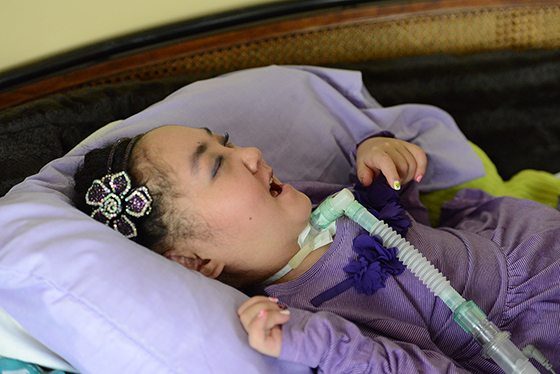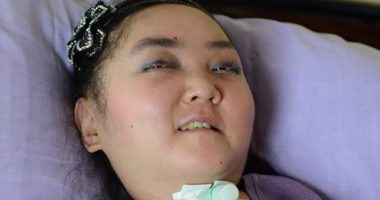Autoimmune Disorders
PHS Home Care for Patients with Autoimmune Disorders
Pediatric home care is what we do. For more than two decades, PHS has provided compassionate, comprehensive, specialized, high quality in-home care to pediatric patients, no matter what their medical challenges.
A multidisciplinary PHS team collaborates to do everything possible to help our patients with autoimmune disorder live life to the fullest – at home.
- A PHS team, including the specialists listed below, meets weekly to develop a plan of care that addresses the concerns and needs of each patient, according to primary physician orders.
- PHS respiratory therapists provide services related to respiratory equipment and treatment.
- Intravenous gammaglobin, glucocorticoids and other IV medications can be prepared by our pharmacists and administered by our skilled infusion nurses.
- PHS home care nurses provide scheduled visits or round-the-clock care.
- Registered dietitians collaborate with a patient’s medical provider to develop an individual nutrition plan to optimize growth and development.
- A PHS clinical social worker is available to help the family deal with the many issues and concerns that arise with an autoimmune disorder and provide support in locating additional information, programs, services and community resources specific to an autoimmune disorder.
- The PHS medical director attends team care rounds and presents medical updates and new treatment modalities in caring for patients with autoimmune disorders.
- PHS provides medical equipment and supplies needed by a patient with autoimmune disorder.
- PHS provides 24/7 on-call assistance to families receiving our service.
Meet PHS Patient Madigan
Ready to get started with PHS? Click here.
About Autoimmune Disorders
The body has its own defense system (immune system) built in to protect it against infection and disease. The body’s immune system makes special proteins (antibodies or immunoglobulins) that protect and defend the body against antigens. Antigens can include harmful bacteria, viruses, toxins, or cancer cells. When an antigen enters the body, antibodies are made to destroy the antigen, and protect the body against injury or disease.
In autoimmune disorders, the body thinks some of its own cells are harmful and attempts to destroy them.There are many types of autoimmune disorders, but the most common group of autoimmune disorders is collagen-vascular diseases (CVDs). A person might have more than one autoimmune disorder at the same time. Treatment is aimed at balancing the body’s immune response and its ability to fight disease. Immunosuppressive medications, hormone replacements, vitamin supplements, or blood transfusions may be included in the treatment and control of autoimmune disorders.
Explore articles and videos on pediatric infusion therapy
Ready to learn more about PHS?
We'll support you with tools and information to help you switch providers or begin infusion services.
Get started





